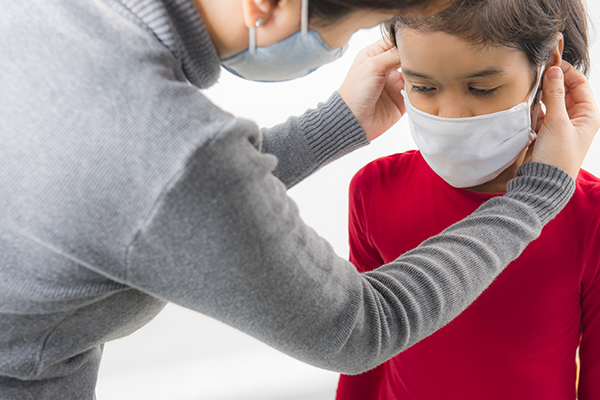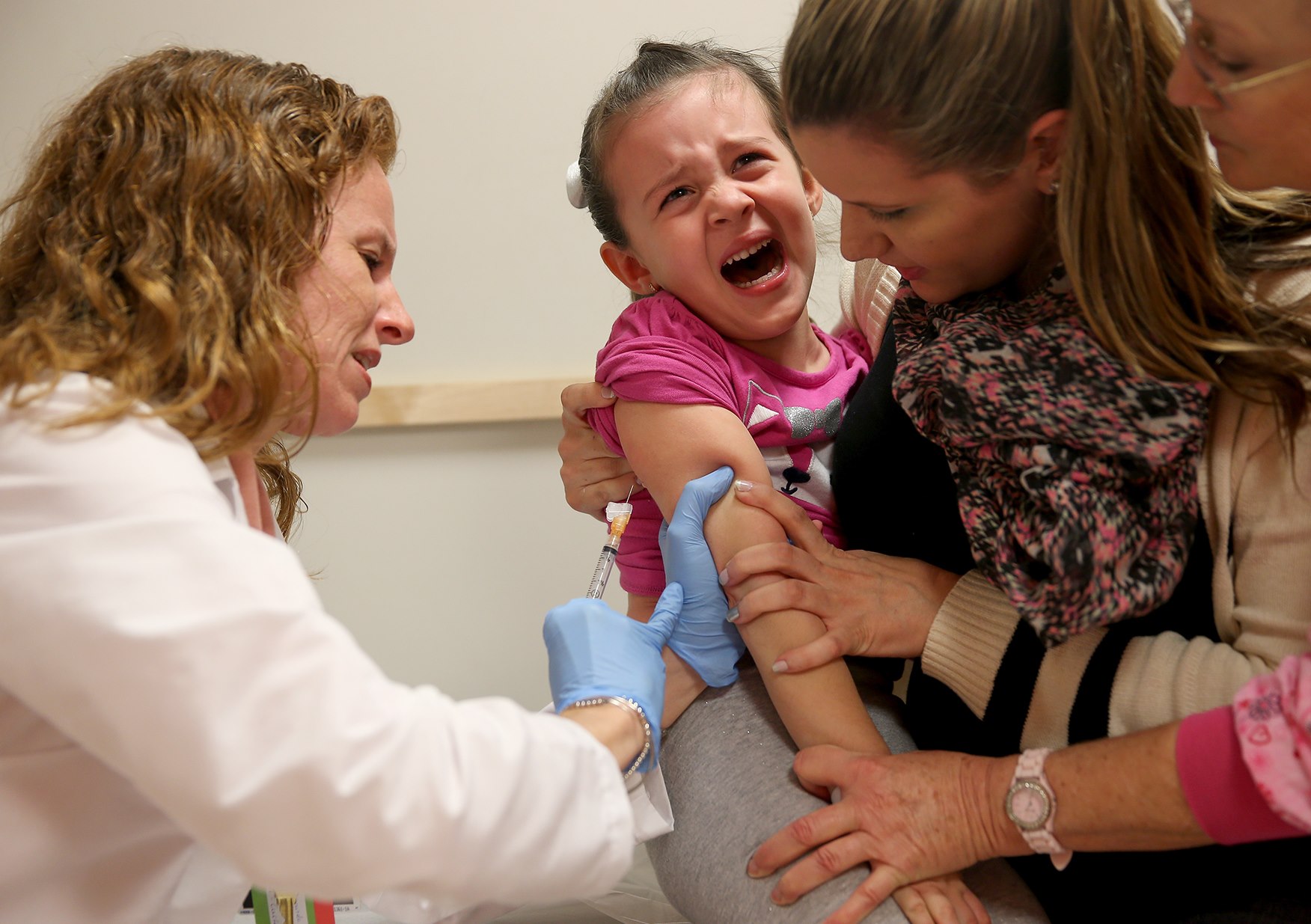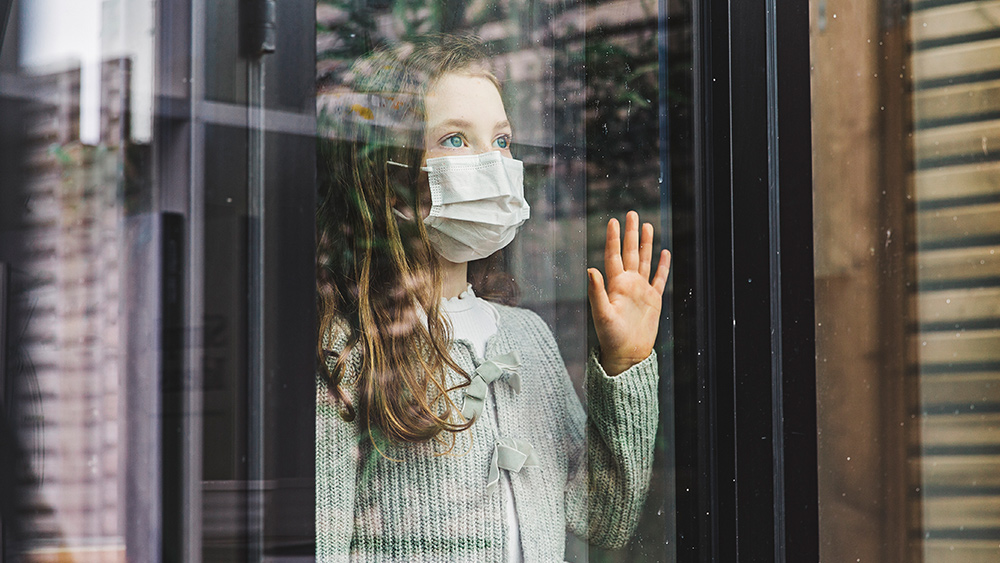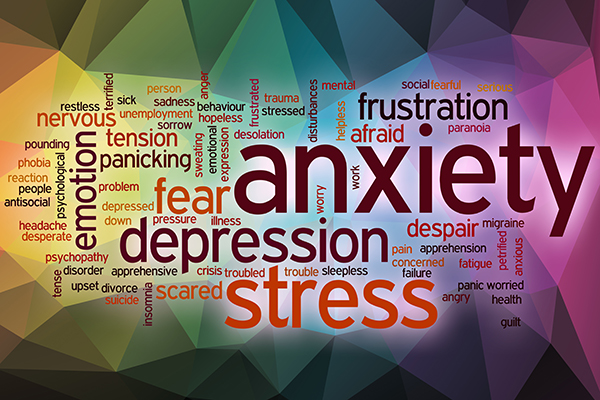
Being a female prepper is no easy job. While you're busy stocking up on supplies and preparing emergency kits, it's important to prepare your mental health as well. When the time comes, your family will most likely look to you for support and you need to be strong when that happens.
When disaster strikes, here are some tips for keeping your mental clarity and focus. (h/t to ReadyNutrition.com)
1. Take the time to pray or meditate
When SHTF, stress levels inevitably soar – not just yours but also your family members'. Children are especially vulnerable, and they may not calm down if they see that you're rattled as well. Panicking only makes you more prone to making bad decisions.
When this happens, go to a quiet corner and take the time to pray or meditate. Some people prefer the word "prayer" while others prefer to call it "meditation." Either way, the goal is to calm yourself and feel at peace. It is difficult to imagine having peace when SHTF, but it is possible.
2. Find a community for support
Find a community of like-minded female preppers. Knowing that others feel the same way offers some relief and assurance that you are not alone. Moreover, you can learn and share any prepping tips that can benefit your families.
Ask community members near you if they can be part of your emergency contact list. In case of an emergency, their help can prove life-saving. Have the list printed and add it to your emergency kit. Offer your contact details for emergency as well.
3. Accept the situation
One of the hardest parts of dealing with a disaster is coming to terms with the situation and its losses. You might be forced to leave your house behind, along with most of your belongings. Some of your family members may get hurt while traveling to your bug-out location. Realizing that you may have to defend your family from thieves or worse – all of these things take a toll on your mental health.
Learn to accept the situation. Understand that a survival scenario can bring out the worst in people. The important thing is to be prepared. Not only will this give you peace of mind, it also helps ensure your survival and that of your family.
Preparedness is key to mental health
You can't account for everything that might happen, but you can still prepare for most emergencies. Having your supplies and bug-out location ready offers a lot of relief and helps you feel more secure. Aside from preparing your emergency kits, here are other things you can do:
1. Start making plans
You need to have a plan – or better yet, a system – for when disaster strikes. Brief your family members on what to do in the event of an emergency. Assign tasks to each member and walk them through what they need to do. Not only will this help them be more prepared, you're also teaching them responsibility.
2. Become aware of the most likely disaster to occur
Different disasters require different responses. For example, if you live beside a mountain near a forest, the likelihood of a tsunami is slim in your area. Always adjust your emergency kits to your location. (Related: Putting together a three-day survival kit: What you’ll need in an emergency.)
3. Do mental and physical exercises
Practice emergency drills with your family. This is especially helpful for the children in case you or the other adults in the family become unavailable. As for mental exercise, visualize a disaster and imagine your response to it. This mental training helps you figure out what you still lack and what you still need to learn. It can offer valuable insight on what you can still do to prepare.
In the face of a disaster, both physical and mental preparation are important. Learn more ways in preparing for a disaster at Disaster.news.
Sources include:
Please contact us for more information.





















